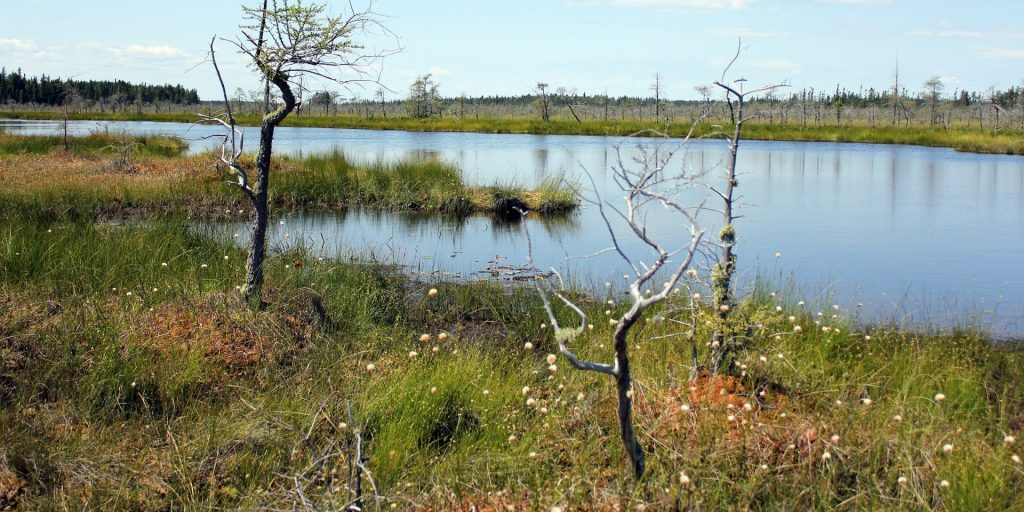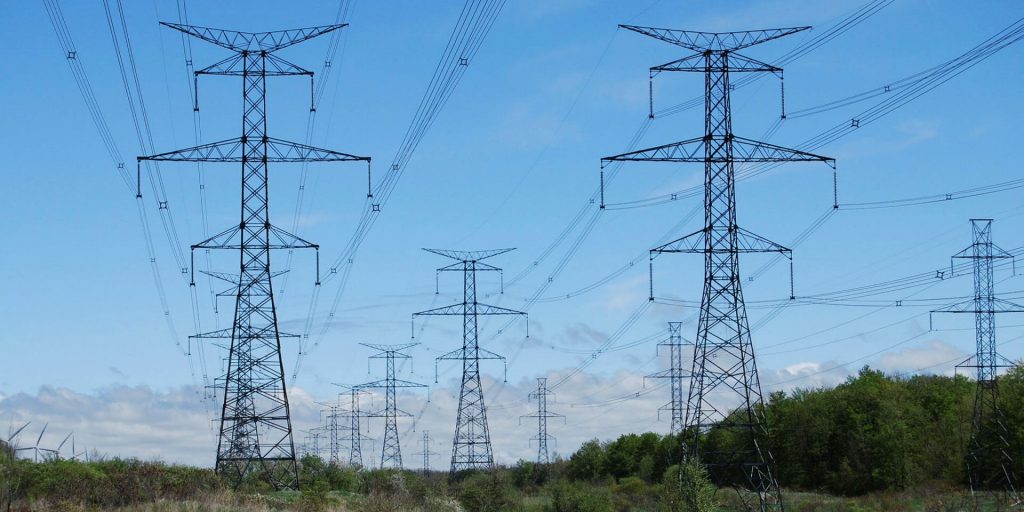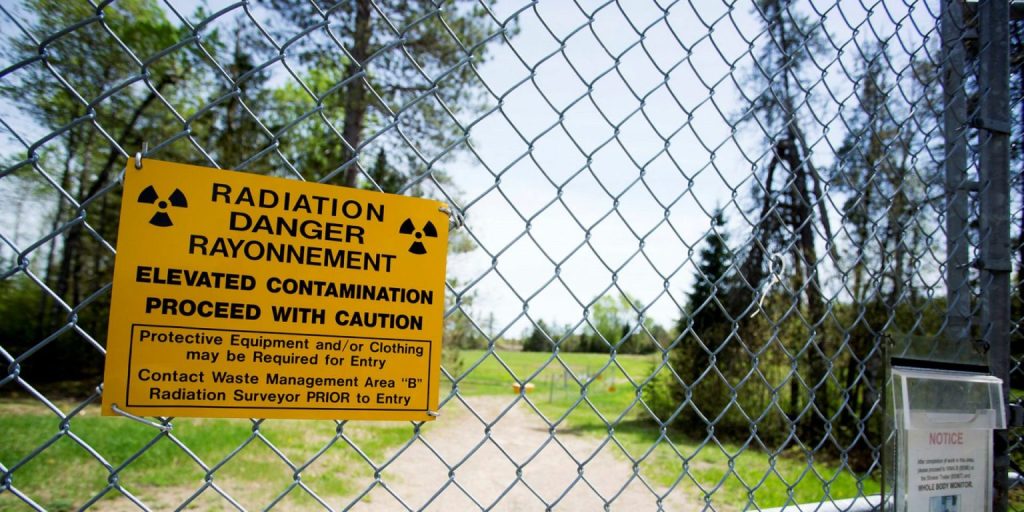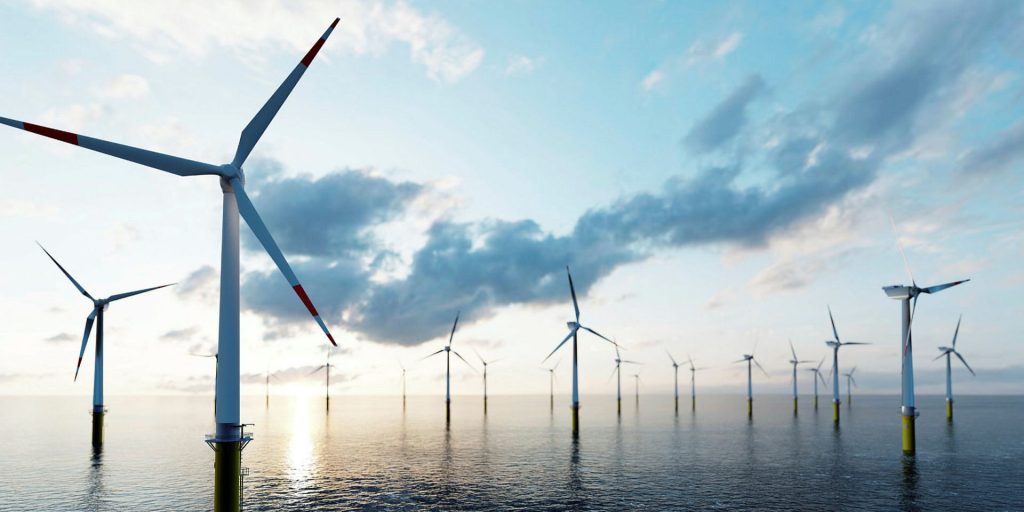A cap on emissions will actually hinder Canada’s environmental, social, and economic efforts

The path to accelerating emissions reduction is not by adding more regulation.
Budget 2024 is critical to the future of made-in-Canada biofuel projects

Canada has enormous potential to be a global leader in biofuels production.
We need more natural infrastructure, and fast

While natural infrastructure alone could not have prevented the Red River spill, a well-funded hybrid system of grey and natural infrastructure will help mitigate the impacts of such disasters, and help prevent them happening again in the future, as well as support the Canadian environment, and the economy.
Why two per cent?

Canada can engage in diplomatic efforts to end our reliance on nuclear deterrence. This means signaling to all NATO’s members to slow and reverse momentum in supporting a global arms race. Instead, let’s increase overseas development and peacekeeping contributions.
Biogas: harnessing Canada’s methane

Expanding Canada’s investment tax credit would be an important first step and would help level the playing field with our competitors.
Becalmed: the sailing term as a metaphor for unreliable wind and solar power

A fixation on wind and solar power has distracted from the objective at hand, which is not to build more turbines or solar panels, but to reduce emissions.
People in Canada are ahead of industry and utilities on clean electricity

The federal government is reconsidering the terms of its clean electricity regulations, despite a majority of Canadians who believe an energy system based on renewable sources is more affordable and reliable than one based on fossil fuels.
How much should Canada worry about declining global crude oil demand?

Canadian oil is not under significant threat, but punitive policies like the proposed oil and gas emissions cap could unnecessarily reduce the industry’s competitiveness during the energy transition.
Canadian Nuclear Safety Commission enabled Chalk River debacle in the making: protesters

The Near Surface Disposal Facility (NSDF), a giant, above-ground landfill beside the Ottawa River for one million tonnes of radioactive waste, approved by the Canadian Nuclear Safety Commission on Jan. 9, is a debacle in the making. The NSDF fails to meet international safety standards according to experts who for years were in charge of the waste […]
Atlantic offshore wind: a national clean energy resource

The first and best use for Atlantic offshore wind would be to provide massive amounts of clean energy to Canada’s electrical grids as far west as Ontario.


